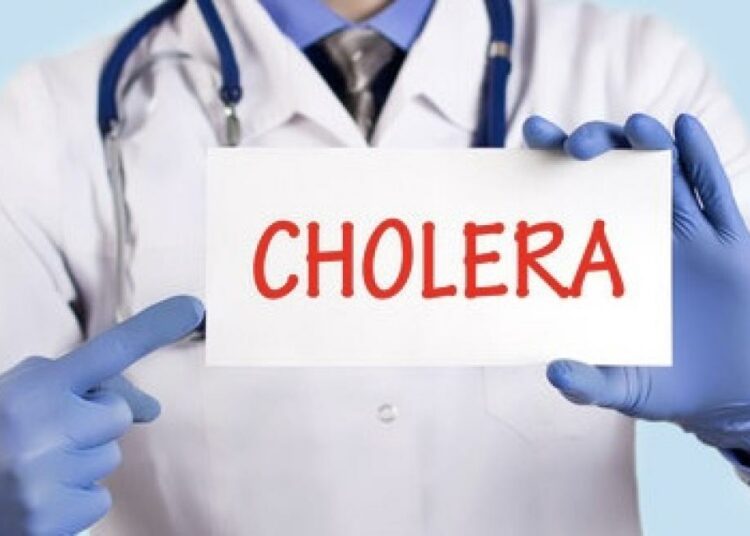Cholera has always been a significant public health threat in many parts of the world, particularly in regions affected by natural disasters, conflicts, and inadequate infrastructure. International organisations and public health authorities play an essential role in responding to cholera outbreak by providing medical supplies, clean water, and sanitation facilities to affected communities.
Currently, there is a cholera outbreak affecting several states in Nigeria, resulting in numerous fatalities and influencing multiple communities.
The Minister of State for Environment, Iziaq Adekunle Salako, noted that the Nigeria Centre for Disease Control and Prevention (NCDC) has reported 1,528 suspected cases, over 65 confirmed cases, and 53 deaths across 31 states.
The states most affected include Bayelsa, Lagos, Zamfara, Abia, Bauchi, Cross River, Ebonyi, Delta, and Katsina.
What is Cholera?
Cholera is a potentially deadly bacterial infection that causes severe diarrhoea and dehydration. It is typically spread through contaminated water and food, and in areas with poor sanitation, it can lead to large-scale outbreaks.
Cholera is caused by the bacterium Vibrio cholerae and is often found in water or food sources contaminated by faeces from an infected person. The infection can spread rapidly, especially in densely populated areas with inadequate sanitation and limited access to clean water. Once ingested, the bacteria release toxins in the intestines, leading to profuse, watery diarrhoea, vomiting, and severe dehydration.
Symptoms of Cholera:
The symptoms of cholera are sudden, painless, and watery diarrhoea, which can lead to extreme fluid loss and dehydration. Other symptoms may include nausea, vomiting, muscle cramps, and shock. In severe cases, a person’s skin may turn bluish-grey, and they may experience a rapid loss of consciousness. It is important to seek medical attention immediately if any of these symptoms are present.
Treatment of Cholera:
Cholera can be effectively treated with rehydration therapy, which involves the administration of oral rehydration solution (ORS) or intravenous fluids to replace lost fluids and electrolytes. Antibiotics may also be used in severe cases to reduce the duration and severity of the illness.
Preventing Cholera:
Preventing cholera primarily involves improving sanitation and access to clean water. Basic hygiene practices such as handwashing, proper food and water hygiene, and sewage removal are crucial in preventing the spread of the disease. In addition, vaccination against cholera has proven to be effective in high-risk areas and among travellers to endemic regions.
Cholera is preventable and treatable but requires an intricate approach comprising improved sanitation, clean water access, and public health interventions.
It is essential to recognise that raising awareness and promoting education are vital components in the battle against cholera outbreaks. By staying well-informed about cholera’s origins, transmission, and symptoms, individuals can take proactive measures to safeguard their health.
Furthermore, advocating for and supporting initiatives aimed at enhancing water and sanitation infrastructure is essential in protecting both individuals and communities from the threat of cholera. This encompasses promoting the development of clean water sources, implementing effective sanitation systems, and strengthening hygiene practices.
We’ve got the edge. Get real-time reports, breaking scoops, and exclusive angles delivered straight to your phone. Don’t settle for stale news. Join LEADERSHIP NEWS on WhatsApp for 24/7 updates →
Join Our WhatsApp Channel










